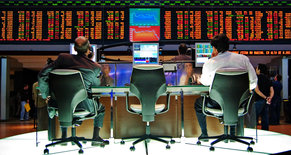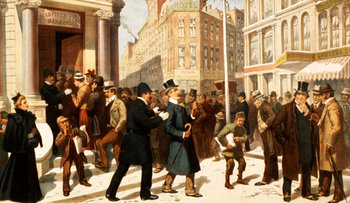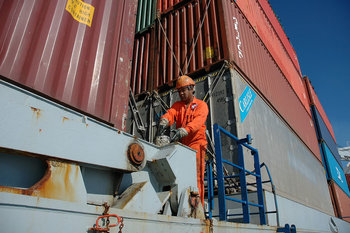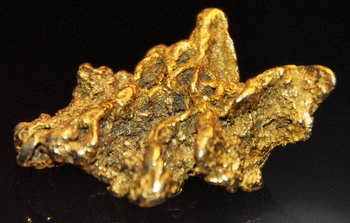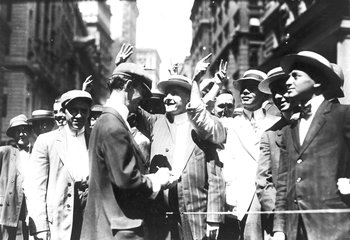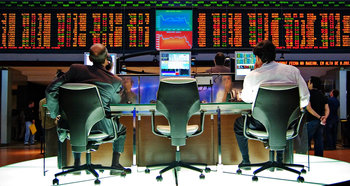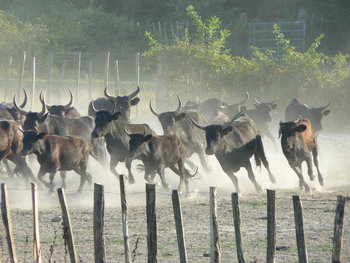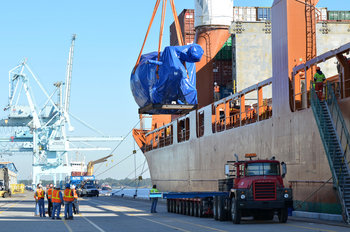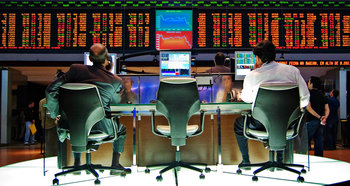
Capital
Infrastructure, facilities, vehicles and equipment that produce value such as a bridge, data center, high speed train or factory.Natural Capital
Natural capital such as an ocean or forest.Money
The legal tender of a nation typically backed its ability to collect taxes.Commodities
A basic good that can be sold at market. Precious commodities such as gold and silver are a common way to store wealth.Organizations
Organizations such as a government, non-profit or business that provide services that have value.Securities
A tradable financial asset such as a stock that represents a share in a business.Real Estate
Property and structures such as buildings.Tangible Assets
Any physical thing that has value to a business or individual such as the inventory of a manufacturing firm or the clothing in an individual's closet.Intangible Assets
Assets that can't be touched such as software, data and brand equity.Intellectual Property
Valuable inventions, symbols or creative works such as a trade secret, copyright, patent or trademark.Human Capital
The ability of a person to produce future value. For example, talent, education and cultural capital can be viewed as a form of wealth.Social Capital
Social relationships that can generate future value such as a business with many loyal customers.Culture
Cultural elements such as a well-known traditional festival that generates tourism for a city or a priceless work of art.| Overview: Wealth | ||
Type | ||
Definition (1) | A store of value. | |
Definition (2) | A good or right that serves a future need or that can be used to pay future expenses. | |
Related Concepts | ||



